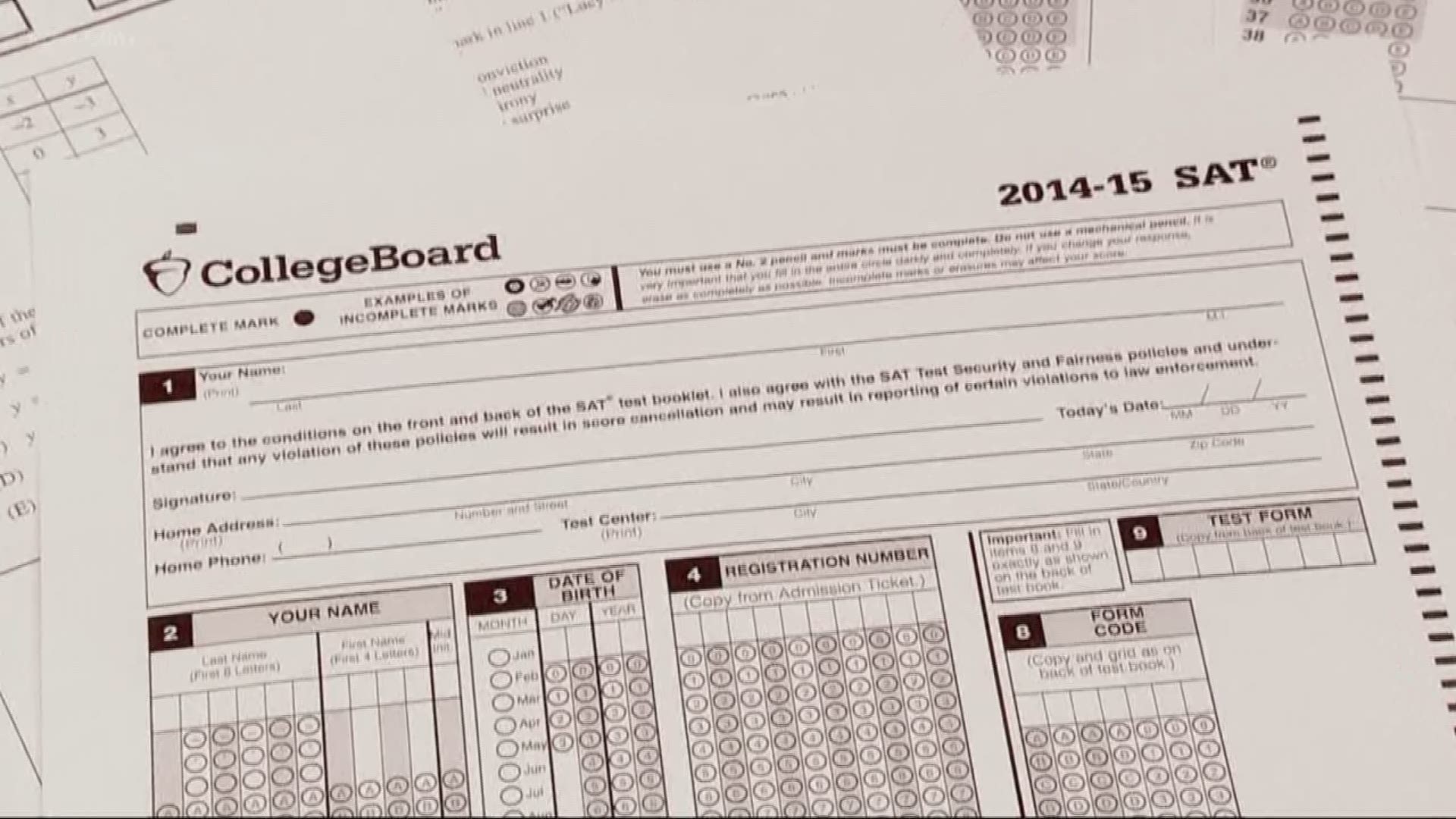PORTLAND, Ore. — The $25 million college admissions cheating scheme continues to rattle the world of higher education, but it’s also raising other ethical questions surrounding the process. Some practices are not illegal, but may have local parents, students and even politicians concerned about fairness at the admissions office.
David Steinberg is a father of two, navigating the often-confusing road of higher education. With his youngest graduating high school in June college is at the top of his mind.
“As we went through the process of coaching, it was extremely important to us that this all be above board,” Steinberg said.
It’s a process that a few of the country's wealthiest families have allegedly been manipulating by bribing officials and cheating tests to give their kids a boost.
Related: Actresses Felicity Huffman, Lori Loughlin among many charged in college admissions cheating case
Steinberg told KGW that he read the incitement in the FBI investigation and could not believe what he saw.
“I mean you read it, it’s not funny it’s so sad, but you can’t believe it’s one after another,” he said. “And that this is at the highest level of administrators as well.”
Like many parents, the college admission scandal has Steinberg questioning the fairness of the admission process.
“When I started to read some of the things in the indictment it was depressing,” Steinberg said. “About how you can't cut corners in this process and apparently people tried
This scandal has opened the door to more questions about ethically controversial practices that can make college admissions an uneven playing field.
Former admissions officer Sara Haberson spoke to NBC’s Today Show with perspective on how students who are recruited as athletes have a major edge in the college admissions process.
“You won't find this as public knowledge, but if you dug deep into an admissions office and you lined up legacy students, students from certain states, races, or student-athletes you would find the highest admit rates almost across the board are going to be from a group of recruited athletes. It will shock anyone who sees it, those students have such an edge in the admissions process,” Haberson said.
Many elite universities openly provide preferential treatment to children of alumni and accept donations from parents. However, U.S. Senator Ron Wyden from Oregon hopes to curb that practice.
“This week's headline of wealthiest Americans buying access to America's elite college and universities is just a new version of an old and tired story,” Wyden said.
Wednesday Wyden announced plans to introduce legislation that would end a tax break for donations made to colleges and universities before or during the enrollment of children of the donor's family.
“If the most fortunate want to grease the skids – they shouldn’t be able to do so at the expense of a typical American taxpayer,” he said.
Meanwhile, Stienberg is proud of his daughter who he says has put in the hard work and time to find the school that fits her best, instead of focusing on college with the highest name recognition.
“I hope she sees the work she's put in is real and will pay off,” Steinberg said

